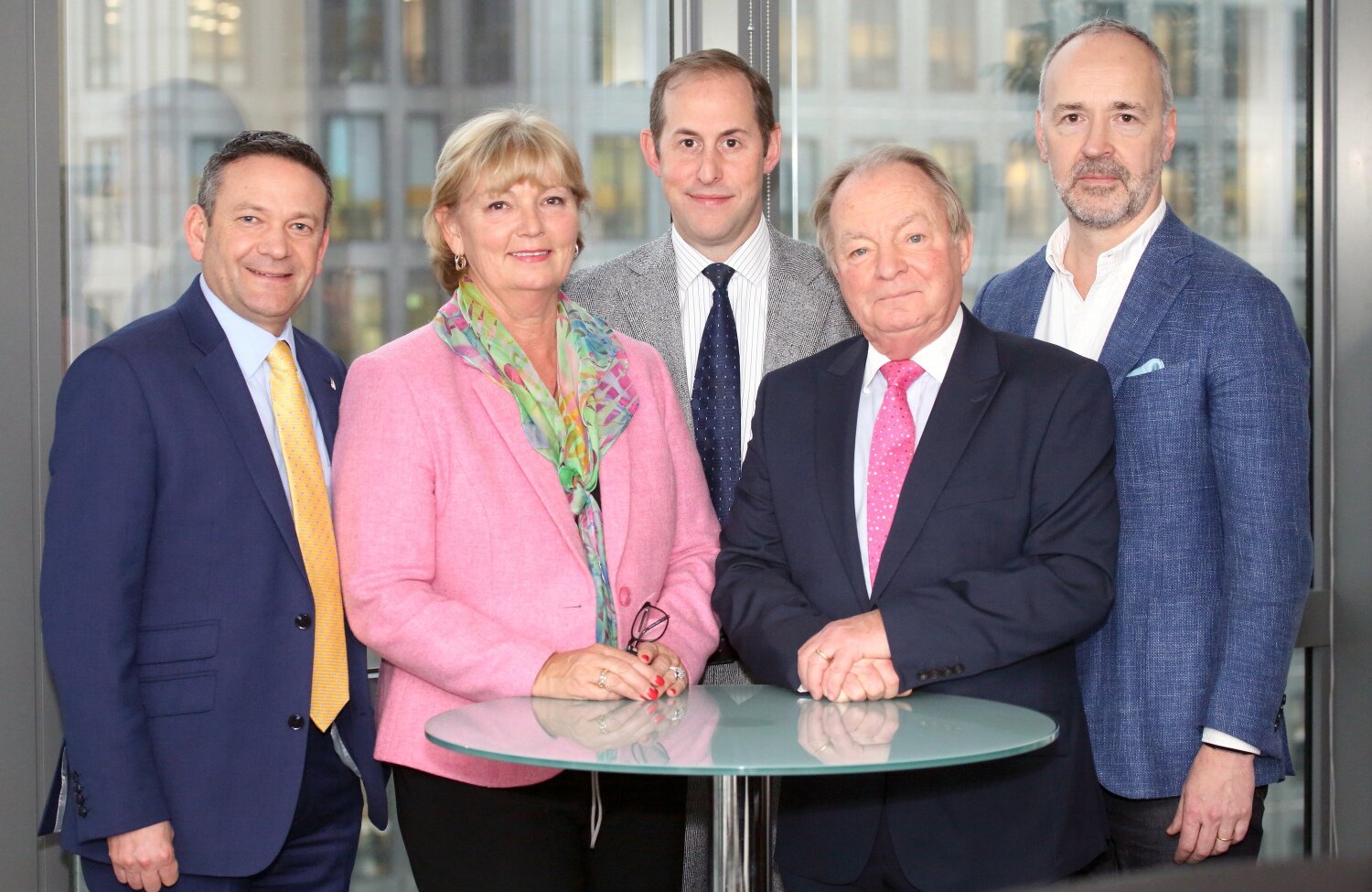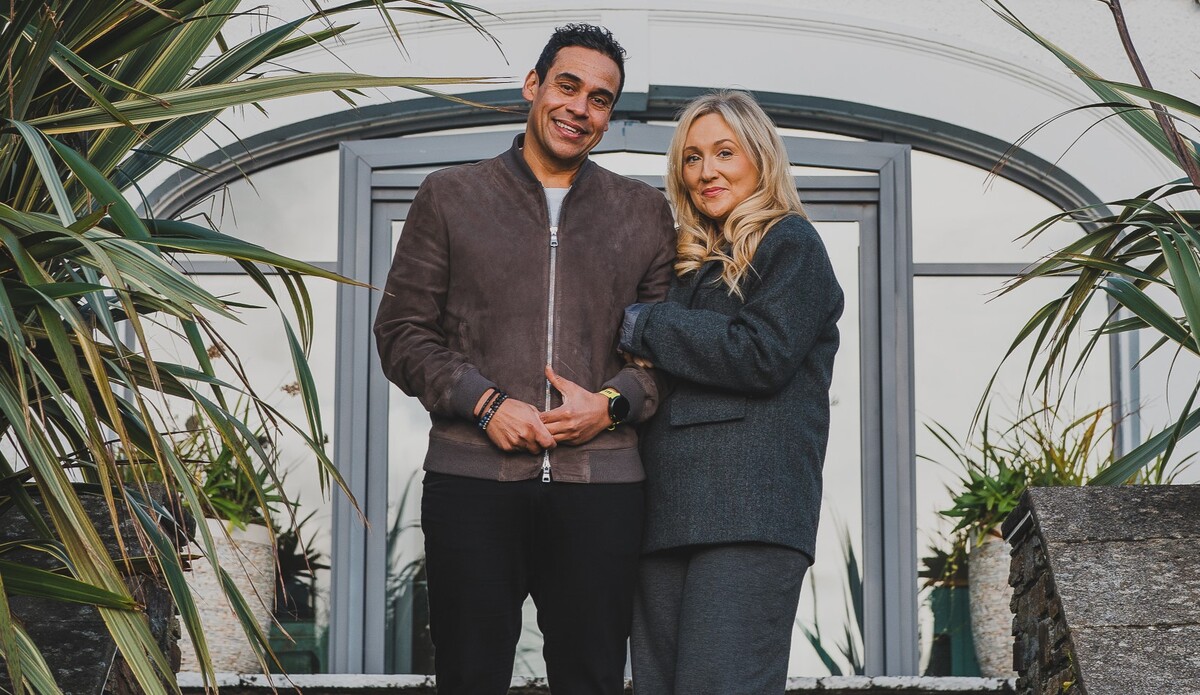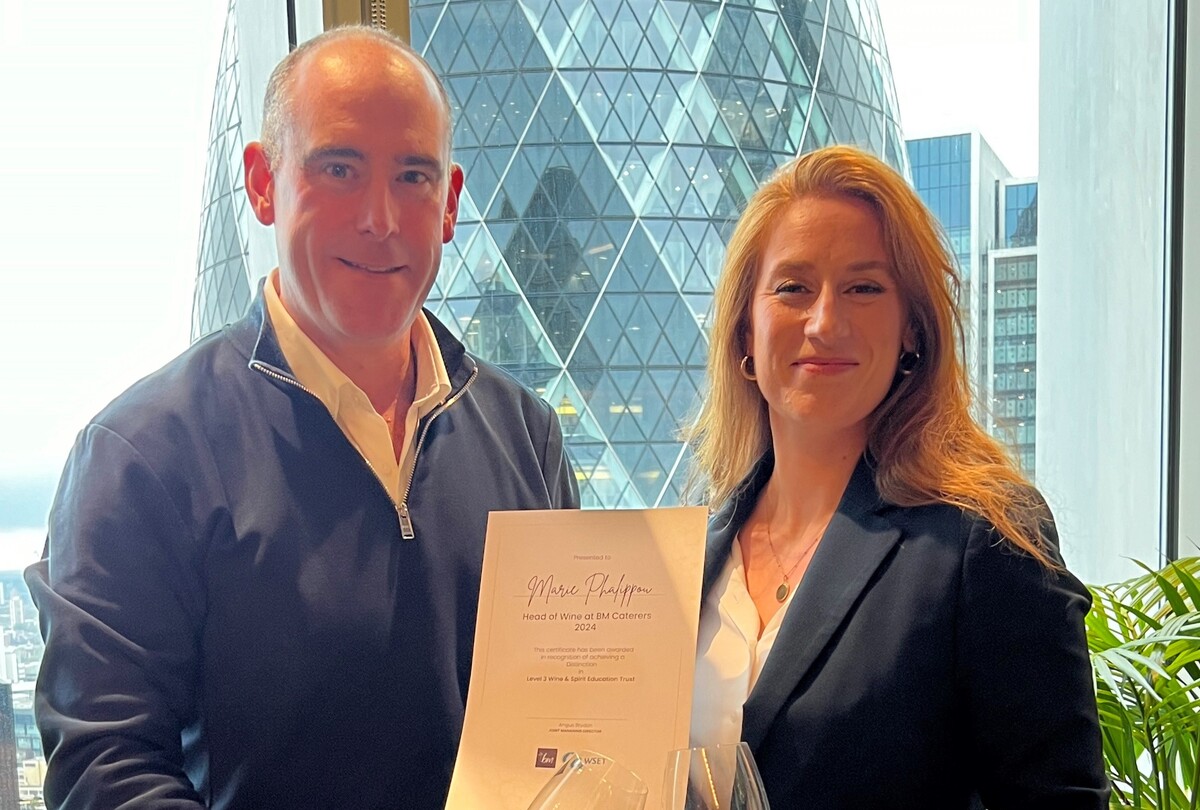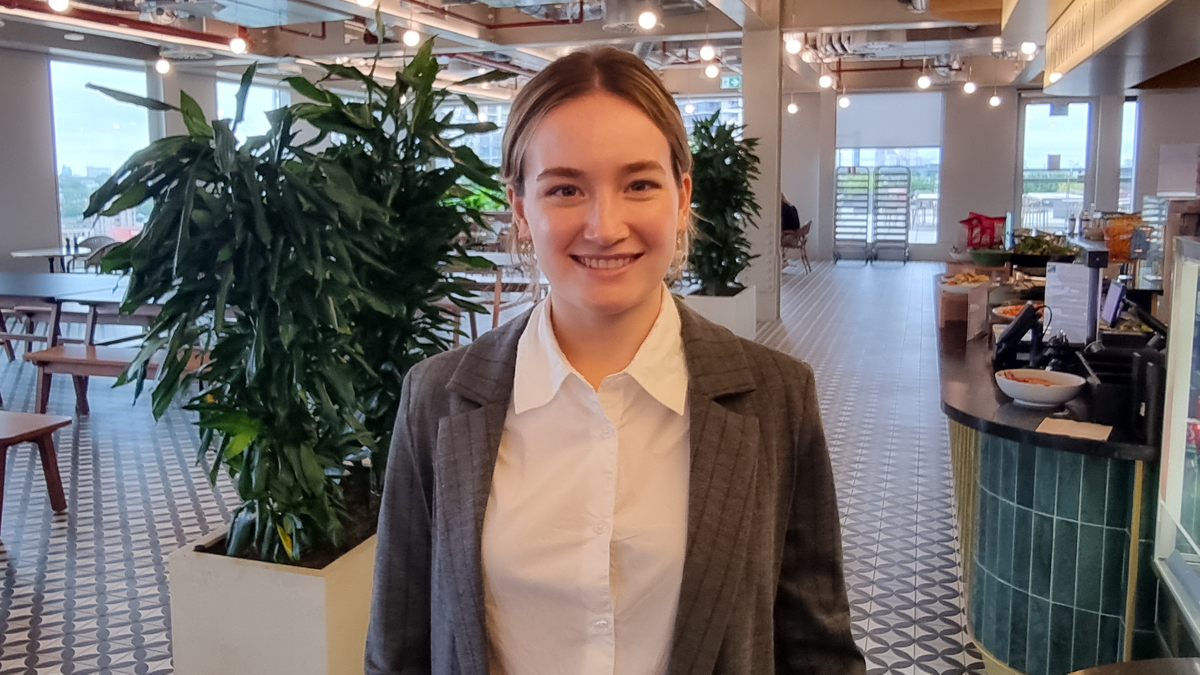The roaring twenties: two decades of Bartlett Mitchell
Wendy Bartlett and Ian Mitchell have been at the helm of a thriving foodservice business for 20 years. They talk to Janie Manzoori-Stamford about how the industry has changed and how they’re preparing for an even bigger decade
It’s been 20 years since Wendy Bartlett and Ian Mitchell joined forces to launch what has become one of the leading independent caterers in the UK. They each put £20,000 into Bartlett Mitchell and £20,000 aside to live on, choosing not to pay themselves for the first two years while they got the business off the ground.
Two decades later the company has more than 100 sites, around 1,250 employees and an annual turnover in excess of £50m – milestones that were all reached in the last year. The pair now carry out more ambassadorial roles within the business. Bartlett is executive chairman and while Mitchell refers to himself simply as ‘founder’, everyone in the business affectionately calls him Mr Chairman.
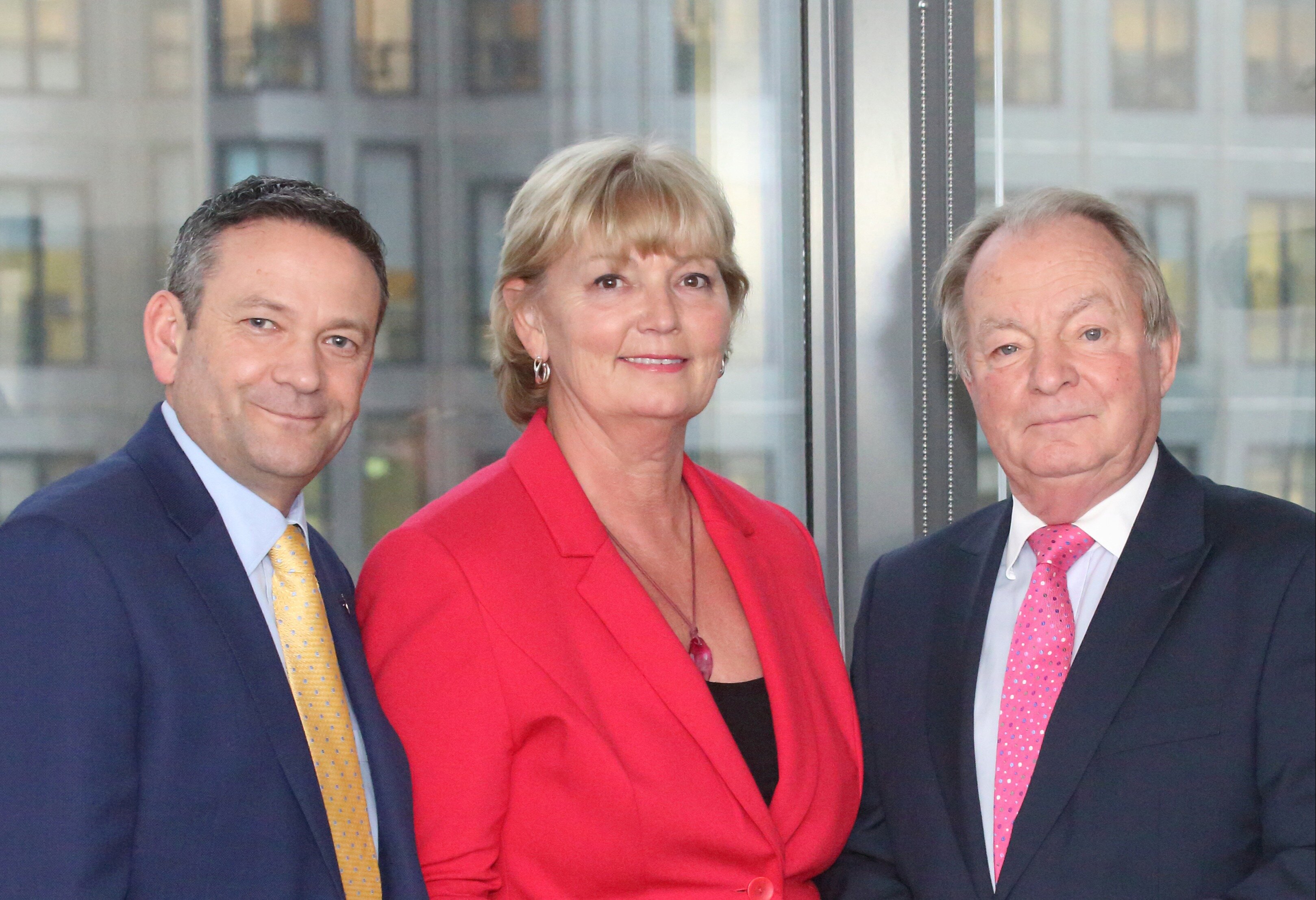
They ensure strong visibility within the business, both with clients and staff, while the day-to-day running of the company is done by chief executive Ian Thomas, with the support of managing director Francois Gautreaux and strategic business development director James Greetham.

But how did this company get from a standing start on 1 January 2000 to the thriving foodservice business it is today? Where does it plan to go from here? And in a sector with a shrinking number of independent operators, does the prospect of selling up and shipping out ever pique the interest of its owners?
###Building a business
“Make sure you have a reliable motor and a really good printer.” According to Mitchell, that was the advice given to the fledgling business founders by an accountant when Bartlett Mitchell was in its infancy.
The idea was to ensure Bartlett and Mitchell could always get to client meetings with professional-quality documents in hand. “Things have totally changed now though,” says Mitchell. “They’ve got much more sophisticated.”
Bartlett agrees. Getting off the ground today requires much more than the VW Golfs they leased and a laser printer.
“You couldn’t do that now because you have to invest so much. You have to have proper systems in place from the beginning,” she explains. “It’s hard work for new entries because of the liability that comes with the work you have to do around legal compliance, employment law and allergens. You can make a small mistake and it could cost you your livelihood.”

Unsurprisingly, after 20 years, Bartlett Mitchell has the processes and systems in place to deal with all the admin that comes with being an established business in the foodservice sector. And this has largely come about through a commitment to constantly preparing the company for its next chapter.
“We’ve always reinvested our money back into the business: in the systems, in getting the right people and being ready for the next step,” says Bartlett. “You’ve got to keep reinvesting, all the time.”
There is one area – equal only to food – that has been a main focus of both attention and investment since the beginning: its people.
“At the end of the day, we’re as good as the team we have,” says Mitchell. “All the rest is periphery.”
Between them, Bartlett and Mitchell make sure to take part in all new staff inductions, which take place every fortnight. Every employee is given the mobile phone numbers of the founders. And since the company introduced Yapster, a workplace mobile messaging app that increased engagement by 30%, contact between employees at all levels has been made even easier.
“It’s about having that connection with us,” says Bartlett, who explains that as a business gets bigger, the top of what is essentially a triangular structure gets further away from the expanding base. “We work particularly hard to make sure that we connect with everyone.”
Yapster enables every employee to have a voice and because everyone in the business actively uses it, those voices are heard. When The Caterer met with Bartlett, Mitchell and Thomas, plans were in full swing for the company’s 20th birthday bash, to which all staff were invited because, says Bartlett, “most companies only invite the managers, but every- one is as important as each other”.
“At the end of the day, we’re as good as the team we have. All the rest is periphery” – Ian Mitchell
So as well as sharing recipe ideas, pictures of effective product merchandising and shout-outs for jobs well done, Yapster had become a hub for excitedly discussing what music should be added to the party playlist, while Thomas was also being encouraged to do his own DJ set. Such conversation might be discouraged in some organisations, but for Bartlett Mitchell it’s seems to be just one more example of the strong employee engagement that is welcomed by the board.
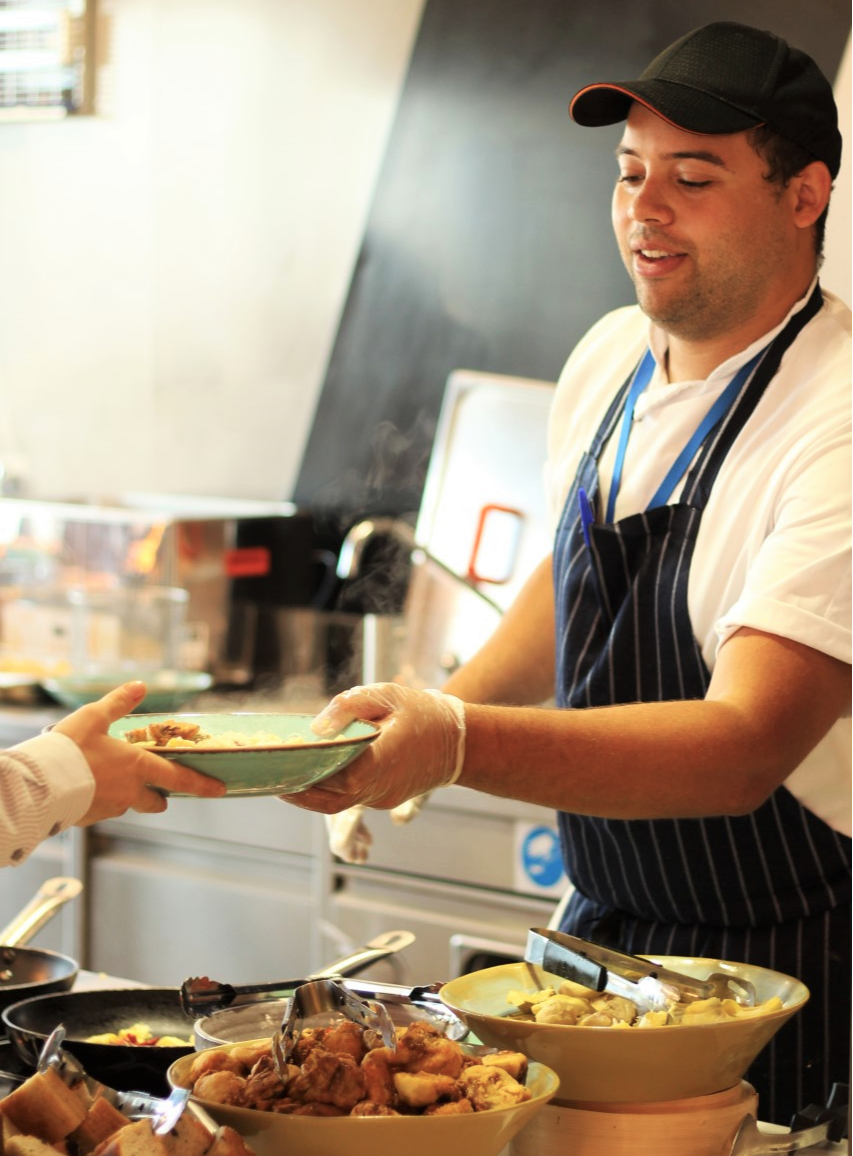
###Recognition and reward
Staff input has also been encouraged into how the caterer should donate £10,000 as part of its birthday celebrations. Employees were invited to suggest charities and causes close to their heart and 10 were chosen to receive £1,000 each.
“We support three or four charities as a business, but we thought it would be nice for our teams to choose where we donated this money,” says Thomas. “Otherwise, it’s always the bosses that choose.”
As well as listening, Bartlett Mitchell has a strong track record in recognising and rewarding its people. One new addition to its internal awards roster involves celebrating young talent with its 30 Under 30 awards, which launched last year. And on the 100-year anniversary (21 November 2018) of the Representation of the People Act, which first gave women in the UK the right to vote, the caterer launched its Women Who Inspire awards.
“I always think it’s a bit sad that we all get recognised at the top of the tree,” says Bartlett, who won the Foodservice Caterer of Year award in 2015 and the Outstanding Contribution Award at the 2018 Foodservice Cateys. “We want our people to get their moments of glory, too.”
One of the newest initiatives will be focused on balancing the gender split in one particular area of the business. The company in general has a 50/50 split in terms of gender, from the owners themselves to almost every other role in the business. But the anomaly is the role of head chef, which remains predominantly male.
“We’re doing work with female chefs to try and encourage more females into the space,” says Bartlett.
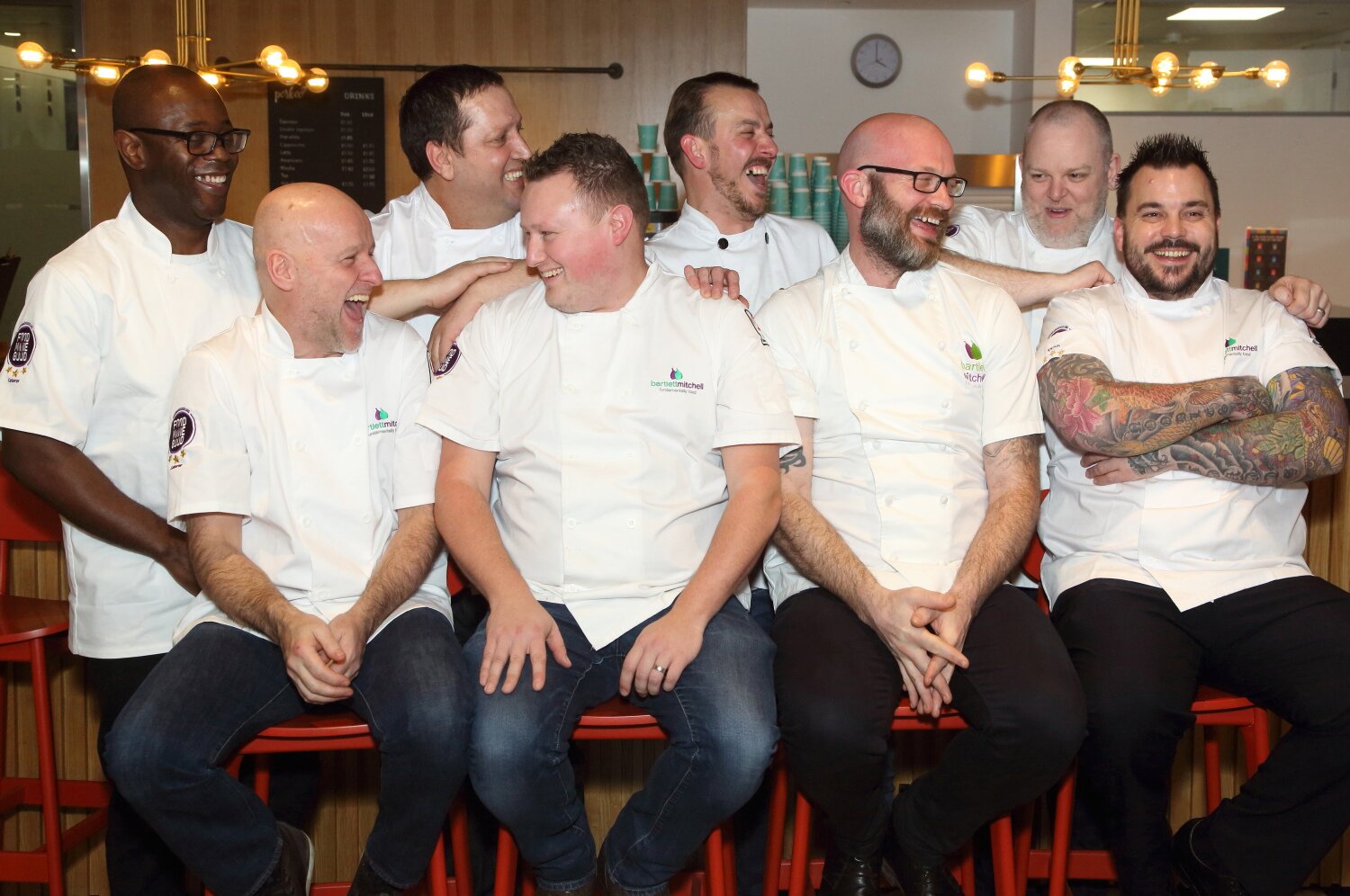
Meanwhile the company continues to adopt innovative technology that streamlines processes and helps position the company for the future. Last year the company spent £14,000 on its Pear Up scheme, which rewards existing employees with £200 for every successful new staff referral. And last September it introduced recruitment tool Harri, which has also produced impressive results.
“At our peak, we were at 45 days in terms of filling a vacancy,” says Thomas. “We’re now down to 17.”
The implementation of Harri is also an example of the company’s agility. This is something it has maintained as a result of remaining an independent entity that strives to retain the boutique values on which it was founded.
Bartlett explains: “We saw them on a Thursday. We agreed it on the Monday. Francois signed it off and six weeks later it was in. We’re quite smart about getting in on things early and getting great deals. We’re probably the first adopters of most technology.”
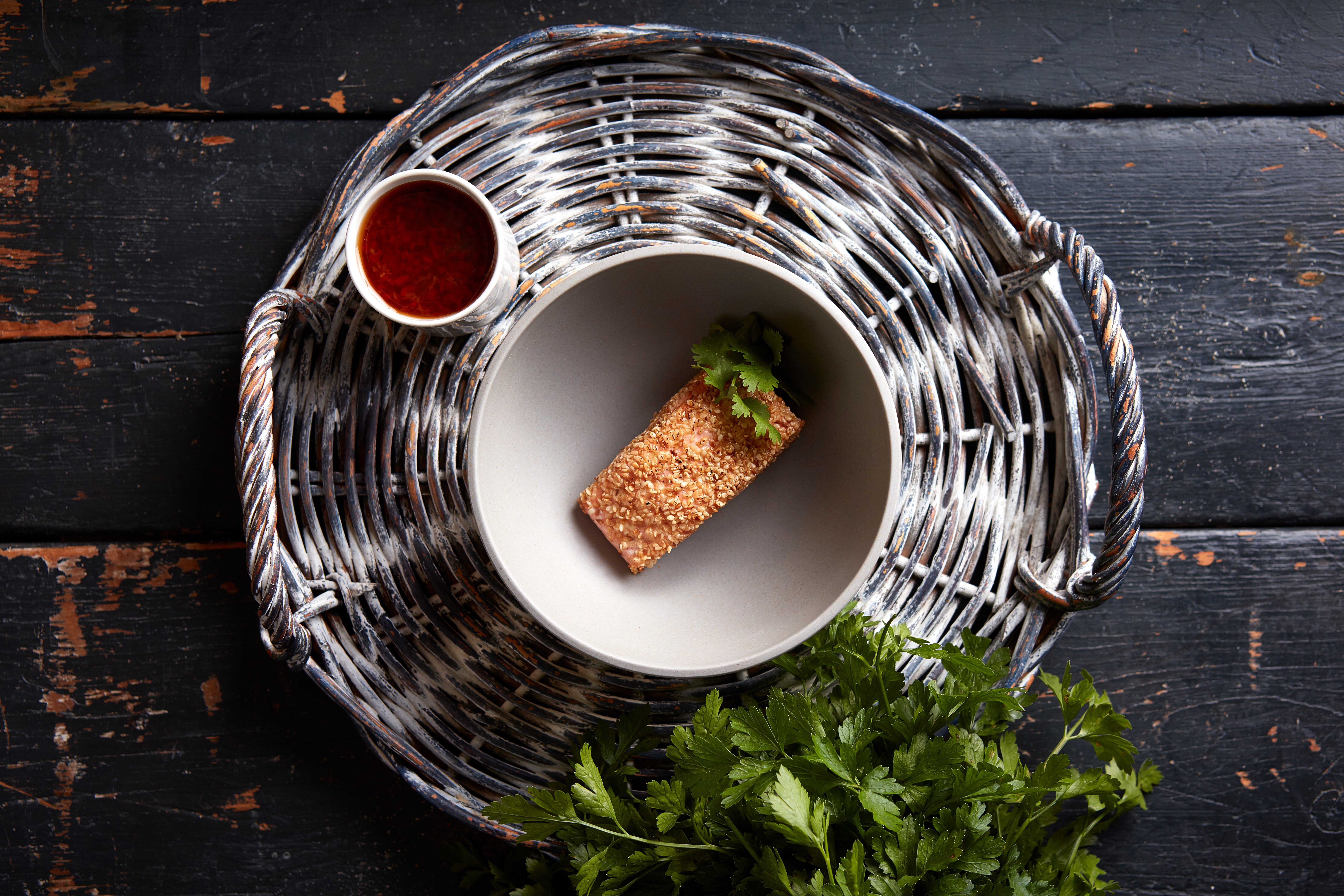
Technology does seem to be woven into the fabric of the business. But adopting a piece of kit or code is one thing. How does the company ensure the likes of Yapster is fully embraced by the staff?
“We use it,” says Bartlett. “Other companies have tried to do it, but it’s not worked. I post on Yapster or put things on Yammer because we at the top are living those values. That’s what makes it work. It wouldn’t work unless we got behind it.”
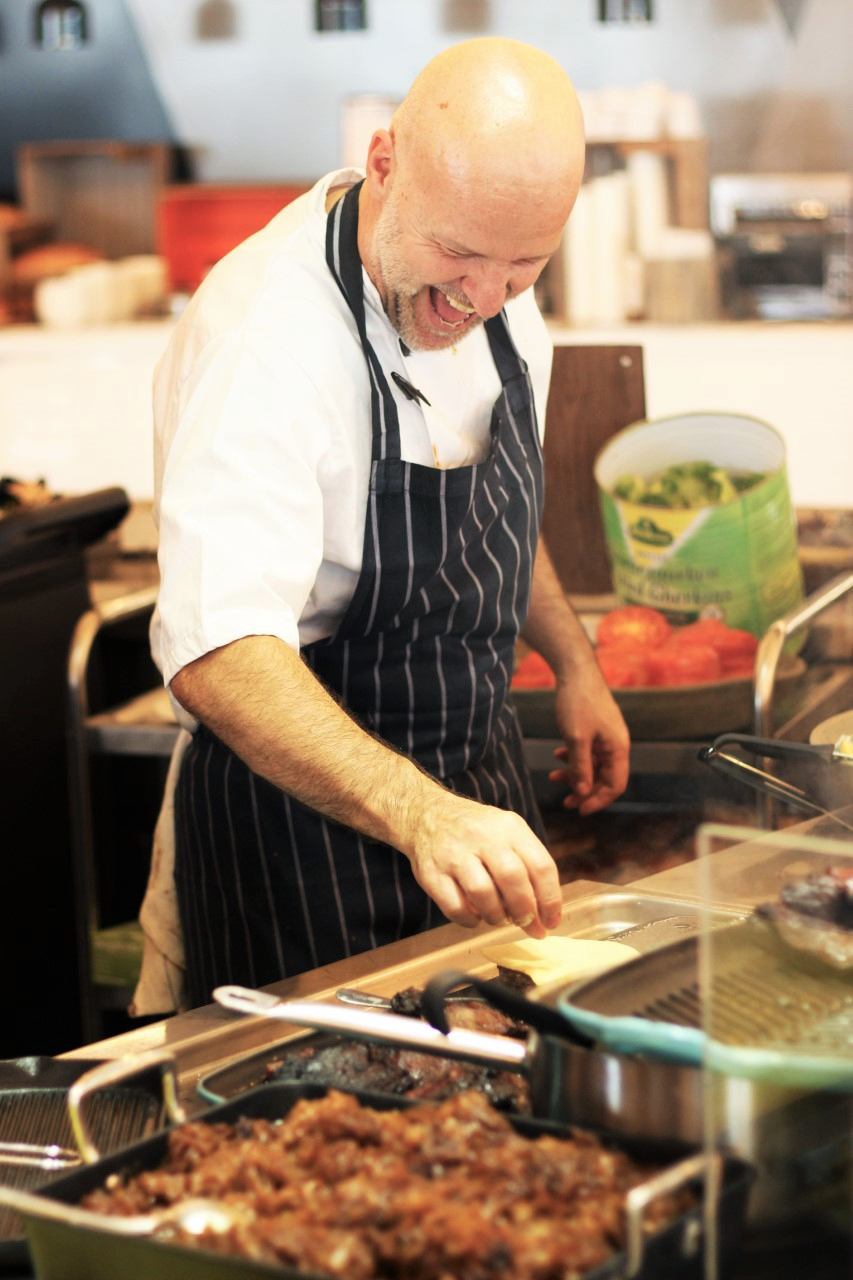
###Growth plans
It could be argued that Bartlett Mitchell’s values are more touchy feely than business savvy. But the figures paint a different story. Last May the company reported growth of 16.8% in its annual turnover, taking it to £45.6m for the year-ended 31 October 2018, marking the eighth consecutive year of double-digit growth.
And while the latest results have yet to be filed at Companies House, The Caterer is told that the 2019 financial year is in excess of £50m. With the ambition to reach that position by 2020 already fulfilled, what’s next?
“So some of our strategic plans have been around building structures – be they tech solutions, process, people, or training,” says Thomas. “We’ve been investing in those tools so that in two to five years’ time, we’re already ready for it. It’s a scaleability piece.
“Creating functional roles that allow for space beneath them, so that we can be promoting and training team members and introducing new training packages – it’s all part of a wider plan to futureproof ourselves.”
For Bartlett, it continues to be all about the people. “They are the key to futureproofing,” she says. “We are not driven by turnover. I tell our teams that it’s important to drive sales in a unit. And it’s important to do a great job. That’s what we should focus on. Not Bartlett Mitchell getting bigger. I just don’t see the point in that. That’s an ego game.”
“It’s important to do a great job. That’s what we should focus on. Not Bartlett Mitchell getting bigger” –Wendy Bartlett
It’s the kind of view that might surprise some people. But according to Mitchell, it might be one of the key ingredients to the company’s success.
“That more relaxed kind of attitude is what probably helped,” he adds. “Also, we’ve never had any other investors, other than Wendy and I. That meant that in 2008 when there was the credit crunch, we didn’t have debts to service. I think that certainly helped us through. We didn’t have to think about finance, really. Just continue making sure everybody was happy.”
Despite all of the positivity and plans for the future, the question of whether the business might be for sale was inevitable. The sector has shrunk considerably in recent years, so might Bartlett and Mitchell consider selling up? The question doesn’t get asked because the answer is pre-emptively given.
“About a year after we launched, I was at a golf day in Manchester when I met Fred Burns, who was chief executive of Bidfood at the time. He asked who I was and after I told him the first thing he said was, ‘what’s your exit strategy?’ I said that we were still working on our entrance strategy,” says Mitchell. “I always used to say the exit strategy might be selling the company… but who’d employ Wendy?”
Mitchell says this with a twinkle in his eye, but it’s clear that he and Bartlett intend to keep the business independent and not simply to keep its founders in gainful employment.
“The other thing to think about is where our teams would go,” says Bartlett, pointing out that as she and Mitchell don’t have children and only in the last 10 years got married or settled down with a partner, their personal financial responsibilities are somewhat different to other operators.
In short, these are two contract caterers that have no desire – and, perhaps more specifically – no need, to cash in their chips any time soon.
##Vital statistics
Sites 100-plus
Staff 1,250
Annual turnover £50m-plus
Flagship contracts Man Group, Freshfields, White & Case
##View from the front line

Conall Hogan is an area support manager who has been with Bartlett Mitchell for 16 years. In that time the business has seen tremendous growth, from £21.3m to more than £50m. So what does that evolution look like from the perspective of a long-serving frontline staff member?
“So many things have changed,” he says. “From online systems and training to support, career choices and the benefits schemes. But the character of the company has stayed the same. I know the one thing that has always stood out is the trust that the founders and senior team have in our people.”
Hogan has worked for Bartlett Mitchell in a number of different roles and client sites, including civil service, private banks and area support, helping to open new contracts.
“I’ve covered most aspects of contract catering and seen it transform massively along the way. The days of contract catering playing second fiddle to the high street are long gone,” he says. “The choice and expectancy now is a different level and the need to deliver every day is of the utmost importance.”
Bartlett Mitchell’s constant innovation has been key to meeting this shift in consumer demands, both in terms of food and personal development, he explains, adding: “This has helped me adapt and thrive in my career.”



